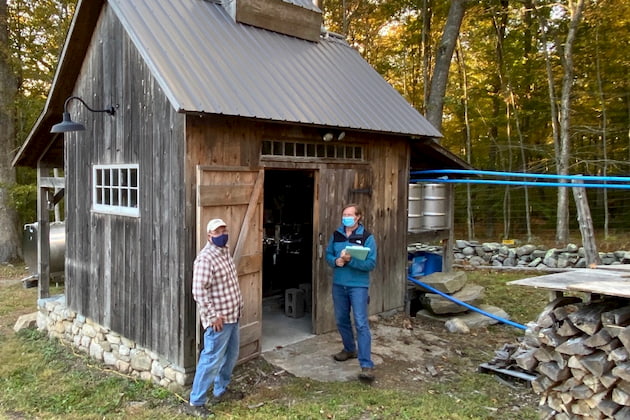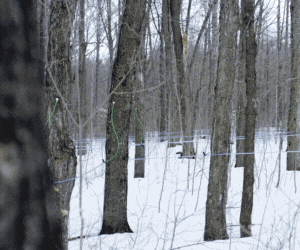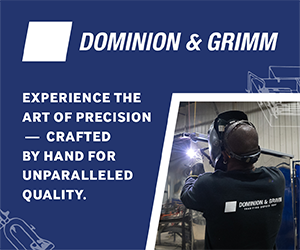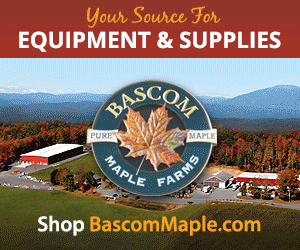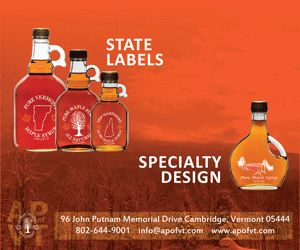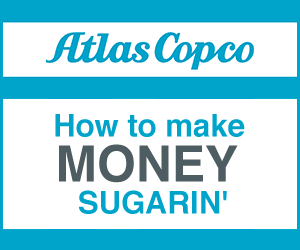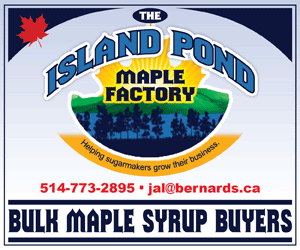Food Safety & Gov't Regulations
Better price! Not too late to get certified organic for upcoming season
'It's a fairly easy process' says certifying company
By PETER GREGG | NOVEMBER 17, 2020
DIGHTON, Mass.—It’s not too late to get certified organic for the upcoming season.
“Maple is one of the easiest crops to certify,” said Donald Franczyk, executive director of Baystate Organic Certifiers, a USDA accredited certifying agency providing organic certification to farm and processing operations throughout the U.S.
“We’re set up to take maple applications up through the sap run,” Franczyk said.
He said the process from application to certification can take as little as four to six weeks, allowing sugarmakers to jump on the organic trend and take advantage of better pricing.
Organic syrup generally fetches a higher retail price for sugarmakers who market directly to consumers. Producers who sell syrup to bulk buyers will also receive a premium.
Bascom Maple Farms of Alstead, N.H., one of the leading bulk buyers in the U.S. is actively seeking more organic syrup and will pay more for it.
Company president Bruce Bascom said he is paying a premium of $.15 cents per pound for certified organic.
“The marketplace is growing faster for organic than conventional,” Bascom said.
Bascom pointed to the Quebec federation of producers, who are expected to produce more than half of their entire crop this season under the organic banner. Bascom said the federation is sold out of its current supply of organic syrup that it typically carries in its strategic reserve.
“This should tell you something!” he told The Maple News.
Getting certified usually only requires the use of organic defoamer, making sure the sugarbush does not adjoin cropland where pesticides are used and proper forest management.
“Maple isn’t that complicated,” Franczyk said.
He said most suppliers will carry organic compliant defoamer.
He said most of the other complainces have to do with record keeping.
For example, producers must keep track of RO and cleaning chemicals. Producers can use those chemicals and stay organically compliant since machines are flushed thoroughly with permeate, which is a distilled pure water.
Other changes a producer will have to make will come with labeling. Franczyk said producers should not change their label until the certifier has seen it first.
“We need to see the labels ahead of time,” he said.
Producers need to also be able to show that their crop is not being mixed with sap from another sugarbush that is not organically certified.
To get certified, producers should contact Baystate and set up a visit with a certifying agent.
The company has approximately 10 certifiers that are available throughout the entire Maple Belt.
The certifier will come directly to the farm and will have to revisit every year to keep the certification.
“It’s a fairly easy process," Franczyk said. "I don’t understand why more people don’t get certified.”
Prodcuers interested in getting certified should contact Eric Hanson at Baystate via email at ehanson@baystateorganic.org or (401) 835-2210















